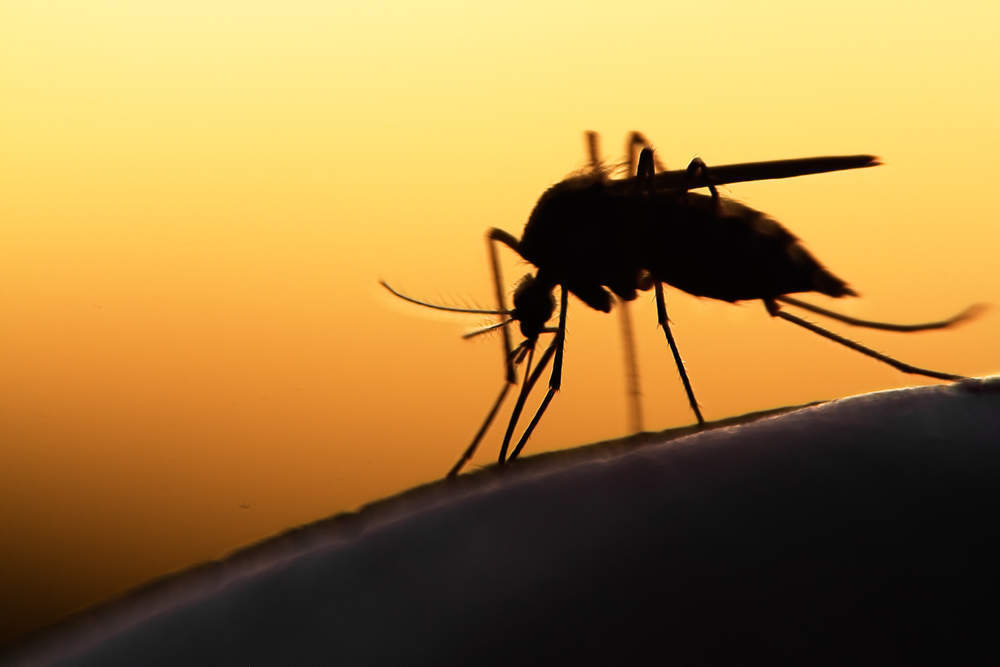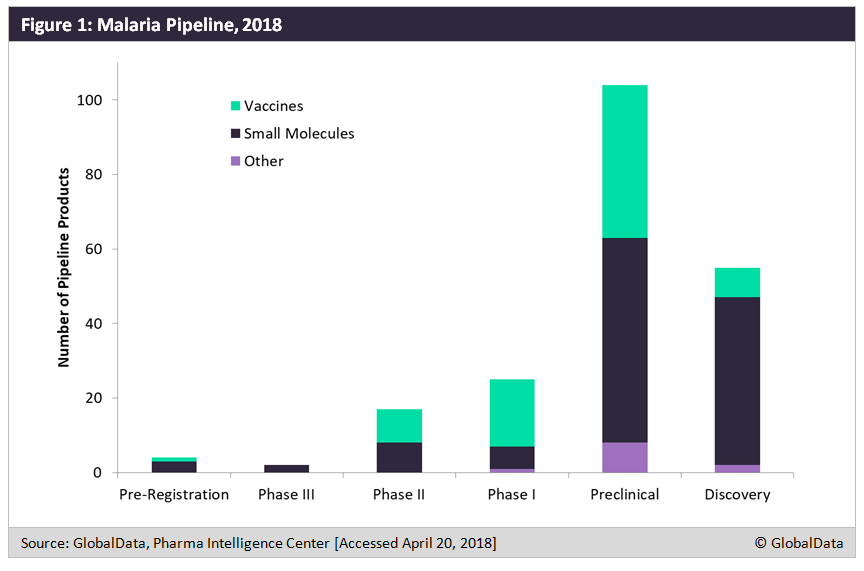The theme of World Malaria Day 2018 is “Ready to Beat Malaria”, highlighting the collective global goal to end the disease.
With promising infection and transmission-blocking malaria vaccines in the research and development pipeline, as well as public-private partnerships advancing mosquito control tools, malaria eradication will begin to become a realistic goal in the next 15 years.
With an estimated 216 million cases of the life-threatening parasitic disease malaria occurring across 91 countries in 2016, halting transmission of the mosquito-spread malaria is how the disease will be beaten.
An international effort is required to finance the research and development and public health administration necessary to block transmission and achieve disease eradication.
The Global Fund for AIDS, Tuberculosis and Malaria; the US President’s Malaria Initiative; and other country-level bilateral and multilateral entities support these efforts.
Alongside academic institutions and pharmaceutical companies, these stakeholders are largely responsible for a strong malaria R&D pipeline.

US Tariffs are shifting - will you react or anticipate?
Don’t let policy changes catch you off guard. Stay proactive with real-time data and expert analysis.
By GlobalDataThe previous global eradication campaign from the 1950s–1960s resulted in disease elimination in some countries, but drug and insecticide resistance have since contributed to undermining these efforts.
Today, malaria’s burden is highest in countries classified by the World Bank as low-to-middle income nations, including countries in the WHO Africa region, which carries 90% of the global malaria burden, and the WHO SouthEast region, which carries 7% of the global malaria burden.
The concerns of drug and insecticide resistance persist, with the WHO admitting that current tools and methods are inadequate for achieving eradication of the disease.
Despite these obstacles, there are reasons to remain hopeful as the current campaign gains traction. For example, Sri Lanka was declared malaria-free in 2016.
In Southern Africa, the Elimination 8 Strategic Plan (2015–2020) is focusing on eradicating malaria in eight countries (Angola, Botswana, Mozambique, Namibia, South Africa, Swaziland, Zambia, Zimbabwe), with four of these countries targeting malaria elimination by 2020, according to the WHO.









